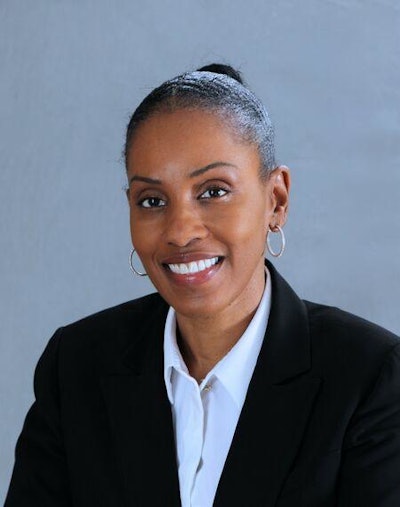As associate provost for social mission and academic excellence at Chamberlain University — a leading grantor of bachelor’s degrees in nursing to underrepresented minority students in the United States — Dr. Kenya Beard is playing an outsized role in shaping how many of the nation’s nurses are being educated.
Recently, her influence expanded even further after being appointed chairperson of the New York State Board of Nursing, which helps establish standards in nursing education and practice by providing guidance to the New York State Board of Regents and the New York State Education Department.
 Dr. Kenya Beard
Dr. Kenya Beard
Beard is helping open that door with a special key: social mission.
“When we talk about social mission, it’s an umbrella term we use to describe all the ways that schools can advance health equity,” explains Beard. “It’s what we want to do as healthcare providers and educators. We want to make sure that we create learning environments where [our graduates] are positioned to advance the health of all individuals and populations that they serve.”
One way to create that type of environment, she says, is to practice culturally responsive teaching.
For decades, Beard says a dominant voice persisted in nursing textbooks and education — one that centers the patient as the cause of a problem or health issue, rather than the structures surrounding the patient. Culturally responsive learning, however, invites multiple perspectives to the table and contextualizes numbers, rather than merely relaying statistics to students.




















